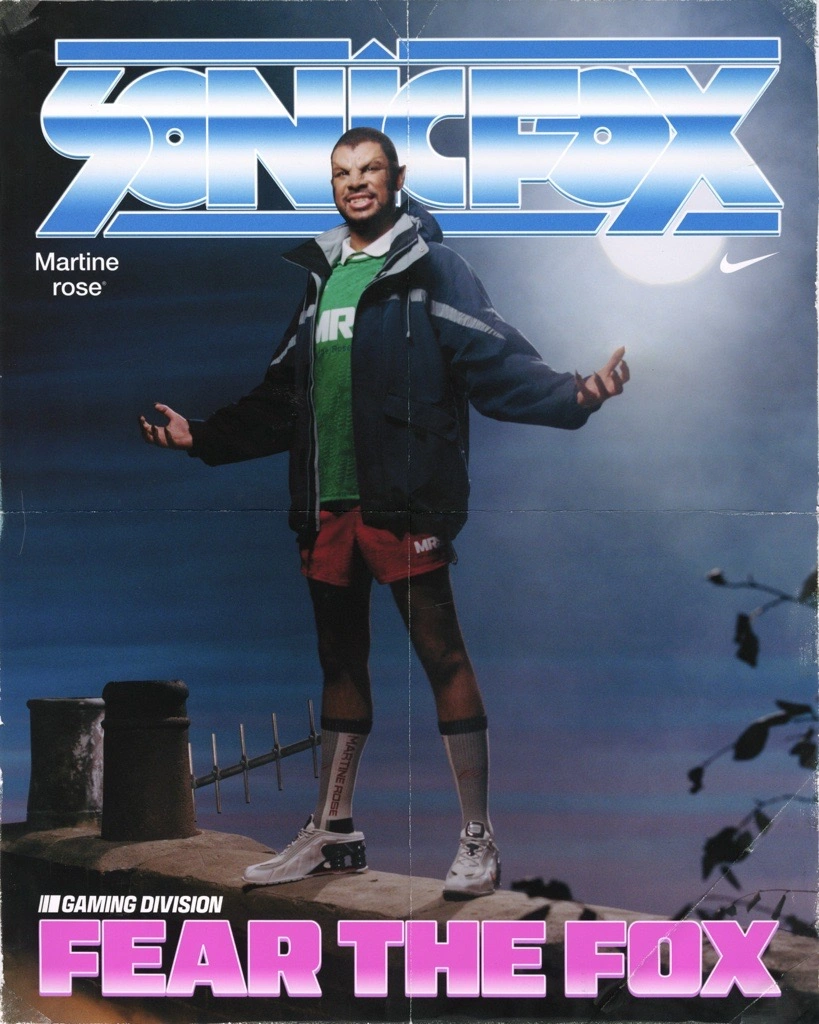In 1966, amidst the peak of the British Invasion and a cultural shift in rock music, The Kinks released “Sunny Afternoon” as part of their album (Face to Face). Written by Ray Davies, this song would become a quintessential piece of social satire, a commentary wrapped in a seemingly laid-back tune that belied its sharp observations on wealth, privilege, and the hollowness often hidden behind an affluent facade. Decades later, “Sunny Afternoon” remains not only one of The Kinks’ most beloved songs but also a masterclass in using irony and contrast to create a statement that resonates far beyond its catchy melody.
The mid-1960s saw the UK grappling with economic shifts, particularly for the wealthier classes who faced high-income tax rates under the government’s new financial policies. “Sunny Afternoon” introduces us to a character who bemoans his financial ruin due to these taxes, stripped of his luxury possessions, including his yacht and fine car. Yet, he still finds solace in “lazin’ on a sunny afternoon” with ample leisure time to lament his plight. At first glance, the lyrics are simple and almost playful. However, beneath this easygoing exterior lies a pointed critique, as Davies juxtaposes the character’s privilege with a lack of real adversity, creating a satirical edge that is both humorous and revealing.
This character isn’t just any individual feeling the pinch of higher taxes; he is a symbol of an entire class grappling with the inconvenience of losing some luxury. Davies’ lyrics seem to mock this self-pity, exposing the fragility and hypocrisy often seen in the wealthy elite. Unlike many working-class citizens who faced real hardships, our narrator’s “struggles” appear laughable. In a sense, “Sunny Afternoon” paints a picture of an aristocracy losing relevance, a group that can no longer buy its way out of discomfort and thus becomes an object of ridicule.
Ray Davies’ lyrics have often demonstrated a knack for social commentary, and “Sunny Afternoon” stands out as a crowning example. Rather than taking a heavy-handed approach, Davies employs satire and irony, inviting listeners to laugh at the character’s misfortunes. Lines like, “My girlfriend’s run off with my car / And gone back to her ma and pa / Telling tales of drunkenness and cruelty,” are sung with an almost gleeful detachment. Davies doesn’t attempt to elicit sympathy but instead seems to relish in the absurdity of the situation.
By employing satire, Davies achieves a dual purpose: he criticizes the privileged class and simultaneously allows listeners to revel in a playful narrative that’s all too recognizable. The song’s humor serves as a vehicle for critique, suggesting that sometimes the wealthy, with all their apparent problems, may actually be out of touch with the real challenges faced by others in society. Davies takes what could have been a straightforward complaint about taxes and spins it into a witty dissection of societal values, laying bare the vanity of those who confuse comfort with necessity.
In “Sunny Afternoon,” the music itself is as integral to the satire as the lyrics. The song’s languid, descending bassline instantly sets a mood of relaxation and nonchalance, evoking the lazy warmth of a summer day. Unlike the fast-paced, high-energy rock that dominated much of the 1960s, “Sunny Afternoon” opts for a slower, almost wistful arrangement, incorporating elements of traditional English pub tunes. This contrast between the leisurely music and the satirical lyrics amplifies the song’s ironic tone, suggesting that our wealthy narrator, despite his “woes,” has nothing more pressing to do than relax.
The arrangement, with its breezy piano and acoustic guitar, lends a sense of nostalgic charm, as though the character is clinging to the remnants of a once-glamorous life. This blend of traditional English sounds with rock music exemplifies The Kinks’ unique approach to bridging genres and creating a distinct sound that feels rooted in both heritage and rebellion. Musically, “Sunny Afternoon” encourages the listener to sway along, almost hypnotized, while the lyrics add a layer of intellectual engagement that elevates the experience from mere entertainment to critical commentary.
Lyrically, “Sunny Afternoon” is deceptively simple. Davies uses conversational language, almost as though the narrator is casually recounting his tale to a friend. Yet, the lyrics are laced with irony. While the narrator sings of his “misfortunes,” his complaints are trivial, even indulgent. He complains of being stripped of his yacht and “savin’ me from the rent man,” but it’s clear that his suffering is superficial. Davies uses this simplicity to underscore the character’s shallow worldview, allowing listeners to see the gap between his perception and reality.
The refrain, “And I love to live so pleasantly / Live this life of luxury,” speaks volumes about the character’s mindset, hinting at an unwillingness to empathize with others who face genuine hardship. Davies crafts a narrative where listeners are invited to laugh at the narrator, who seems oblivious to the absurdity of his complaints. This lyrical irony becomes a central theme, transforming the song into a commentary on privilege and self-delusion, a theme that resonates even today.
Upon its release, “Sunny Afternoon” struck a chord with listeners, climbing to the top of the charts and solidifying The Kinks as not only a musical force but also a voice of social observation. The song’s success lay not just in its catchy melody but in its ability to capture the mood of a generation. As the world faced rapid change, with counterculture movements challenging traditional norms, “Sunny Afternoon” offered a clever, subversive take on issues of class and privilege.
The legacy of “Sunny Afternoon” endures, not only as a beloved classic but as an example of how music can be both accessible and meaningful. The song’s use of satire influenced future artists who sought to combine commentary with artistry, inspiring bands in the Britpop era, like Blur, to adopt a similarly observational approach. In a sense, “Sunny Afternoon”became a blueprint for artists interested in critiquing society through an ironic lens, showing that even the lightest melodies can carry the weightiest messages.
Interestingly, “Sunny Afternoon” was not the only song of the time to address tax-related frustrations. The Beatles’ “Taxman” also tackled the issue, but from a different angle. Where “Taxman” was a more direct complaint about high taxation on artists, “Sunny Afternoon” took a satirical approach, using humor to make its point. The Kinks’ approach was more layered, employing a character-driven narrative to explore themes of privilege and entitlement, setting it apart as a more socially reflective work.
This distinction highlights Davies’ unique approach to songwriting. While “Taxman” is undoubtedly powerful in its straightforwardness, “Sunny Afternoon” offers a richer narrative experience, allowing listeners to engage with the character’s foibles and question their own views on wealth and privilege. In this way, The Kinks carved out a niche in rock music that few other bands occupied, focusing on observational storytelling over straightforward rebellion.
The themes explored in “Sunny Afternoon”—wealth, privilege, and self-delusion—are as relevant today as they were in 1966. In a world where economic inequality is a growing concern, Davies’ satire continues to resonate. The song invites listeners to question how society views wealth and success, and whether those who enjoy the greatest comfort are always deserving of the sympathy they seek.
Today, “Sunny Afternoon” serves as both a time capsule and a mirror, reflecting issues that are as pertinent now as they were then. Its timeless appeal lies in its ability to entertain while challenging listeners to think critically, a rare feat in popular music. As long as there are those who lament minor inconveniences while overlooking larger struggles, “Sunny Afternoon” will remain a relevant and incisive critique.
In “Sunny Afternoon,” The Kinks created a song that is as much about sound as it is about satire. Through a clever blend of humor, musicality, and social critique, Ray Davies crafted a narrative that holds a mirror up to privilege, inviting listeners to laugh at its absurdities while pondering its implications. The song’s laid-back arrangement and simple, ironic lyrics belie a depth that has kept it relevant for over half a century.
More than just a hit song, “Sunny Afternoon” is a reminder of the power of satire in music. By approaching serious topics with a lighthearted touch, The Kinks proved that rock music could be both entertaining and thought-provoking, setting the stage for future generations to explore similar themes. In the end, “Sunny Afternoon” isn’t just a song—it’s a commentary on the human condition, capturing the complexities of wealth and privilege with a wit and wisdom that remains unmatched.
No comments yet.








